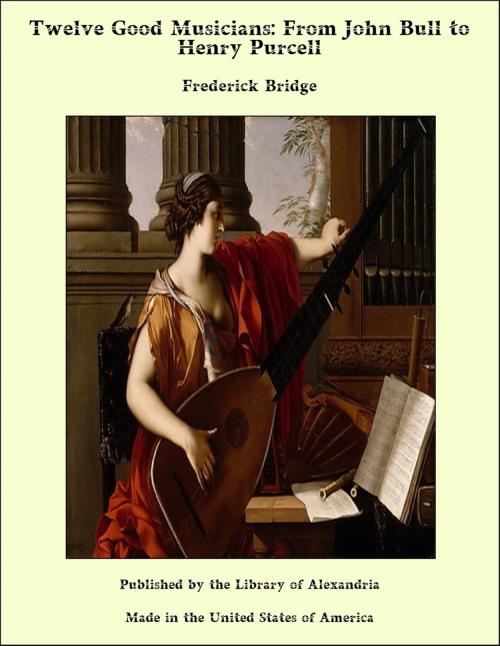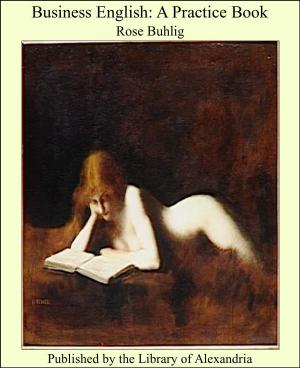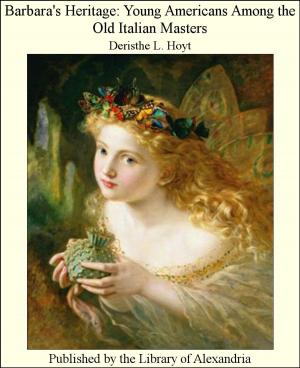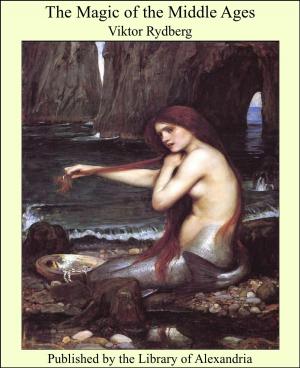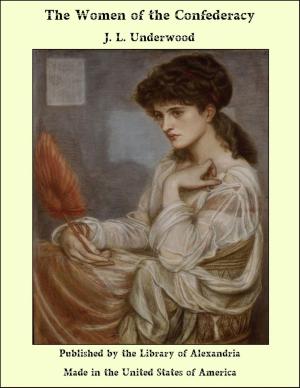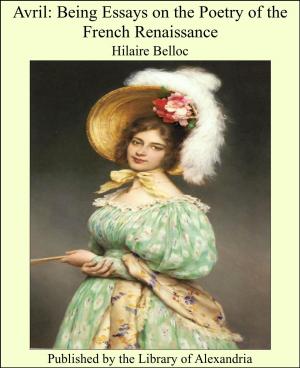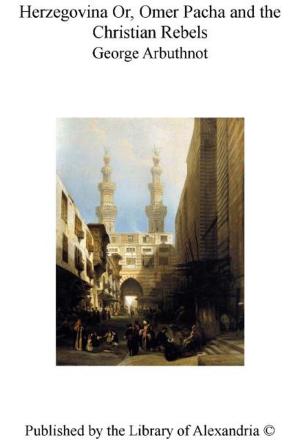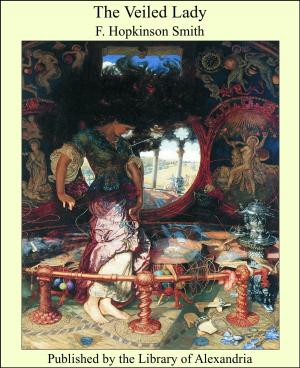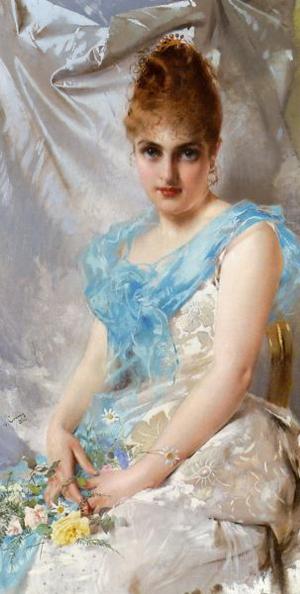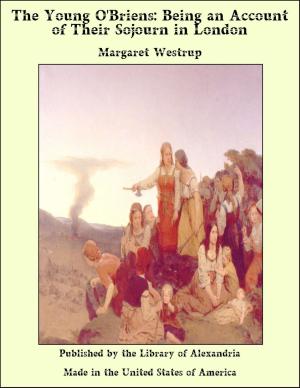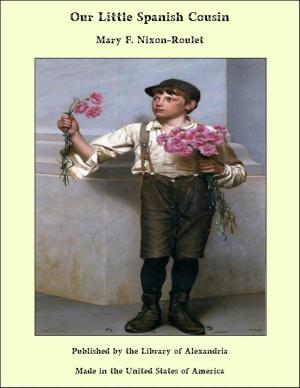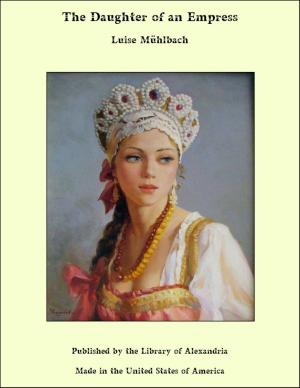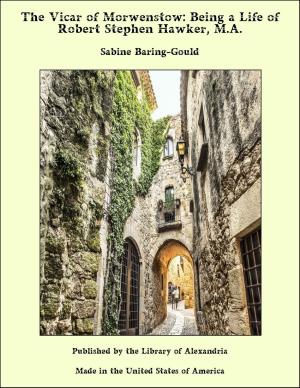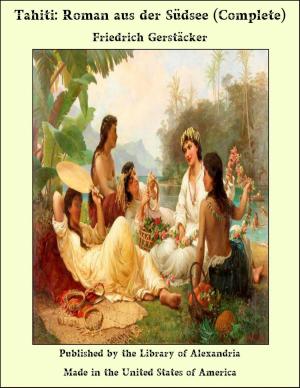Twelve Good Musicians: From John Bull to Henry Purcell
Nonfiction, Religion & Spirituality, New Age, History, Fiction & Literature| Author: | Frederick Bridge | ISBN: | 9781465605719 |
| Publisher: | Library of Alexandria | Publication: | March 8, 2015 |
| Imprint: | Language: | English |
| Author: | Frederick Bridge |
| ISBN: | 9781465605719 |
| Publisher: | Library of Alexandria |
| Publication: | March 8, 2015 |
| Imprint: | |
| Language: | English |
There is, I venture to think, a fitness in the choice of the first musician of the Twelve to be considered. John Bull is a name familiar to Englishmen, though I do not know that the musician bearing that name has anything to do with the historical and political personage whose jovial portrait is so well known to us. But Dr. John Bull, was the first to hold anything like a University Professorship in London—or indeed in England. It is true Gresham College has not developed into a University, but its founder, Sir Thomas Gresham, certainly seems to have had such an end in view, and John Bull was the first Gresham Music Lecturer. As his successor at Gresham College, and as I have the honour to be the first Musical Professor in the University of London, I think there is a justification for beginning this course in the University with a consideration of the old Gresham Professor. I must premise that in selecting twelve good men I have by no means exhausted the number of such men available, but I hope to have chosen good representatives of the various Schools and movements in the musical world of England in the 17th century. And, although necessarily concentrating my attention on the selected twelve, yet, of course, undoubtedly I shall make many references to their fellow-musicians both in this country and abroad. But it is to our own men and our own music in the 17th century that I shall direct my chief attention. To begin then with the first of my twelve good musicians—the first Gresham Professor of Music, Dr. John Bull. Born about 1563 of a Somersetshire family, he became one of the Children of the Chapel Royal (as will be seen, always a great nursery of young English Musicians), his master being Blytheman who, we are told, "spared neither time nor labour to advance his natural gifts." Organist of Hereford Cathedral for a time, we find him in 1585 a member of the Chapel Royal Choir—not then organist, a post to which he attained a few years later, succeeding his old master, Blytheman. He was evidently determined to get on in his profession, for, besides all these posts and varied activities, he found time in 1586 to take the degree of Bachelor of Music at Oxford (it being stated he had "practised the faculty of music for 14 years"), following this up with a Doctor's degree—this time at Cambridge.
There is, I venture to think, a fitness in the choice of the first musician of the Twelve to be considered. John Bull is a name familiar to Englishmen, though I do not know that the musician bearing that name has anything to do with the historical and political personage whose jovial portrait is so well known to us. But Dr. John Bull, was the first to hold anything like a University Professorship in London—or indeed in England. It is true Gresham College has not developed into a University, but its founder, Sir Thomas Gresham, certainly seems to have had such an end in view, and John Bull was the first Gresham Music Lecturer. As his successor at Gresham College, and as I have the honour to be the first Musical Professor in the University of London, I think there is a justification for beginning this course in the University with a consideration of the old Gresham Professor. I must premise that in selecting twelve good men I have by no means exhausted the number of such men available, but I hope to have chosen good representatives of the various Schools and movements in the musical world of England in the 17th century. And, although necessarily concentrating my attention on the selected twelve, yet, of course, undoubtedly I shall make many references to their fellow-musicians both in this country and abroad. But it is to our own men and our own music in the 17th century that I shall direct my chief attention. To begin then with the first of my twelve good musicians—the first Gresham Professor of Music, Dr. John Bull. Born about 1563 of a Somersetshire family, he became one of the Children of the Chapel Royal (as will be seen, always a great nursery of young English Musicians), his master being Blytheman who, we are told, "spared neither time nor labour to advance his natural gifts." Organist of Hereford Cathedral for a time, we find him in 1585 a member of the Chapel Royal Choir—not then organist, a post to which he attained a few years later, succeeding his old master, Blytheman. He was evidently determined to get on in his profession, for, besides all these posts and varied activities, he found time in 1586 to take the degree of Bachelor of Music at Oxford (it being stated he had "practised the faculty of music for 14 years"), following this up with a Doctor's degree—this time at Cambridge.
